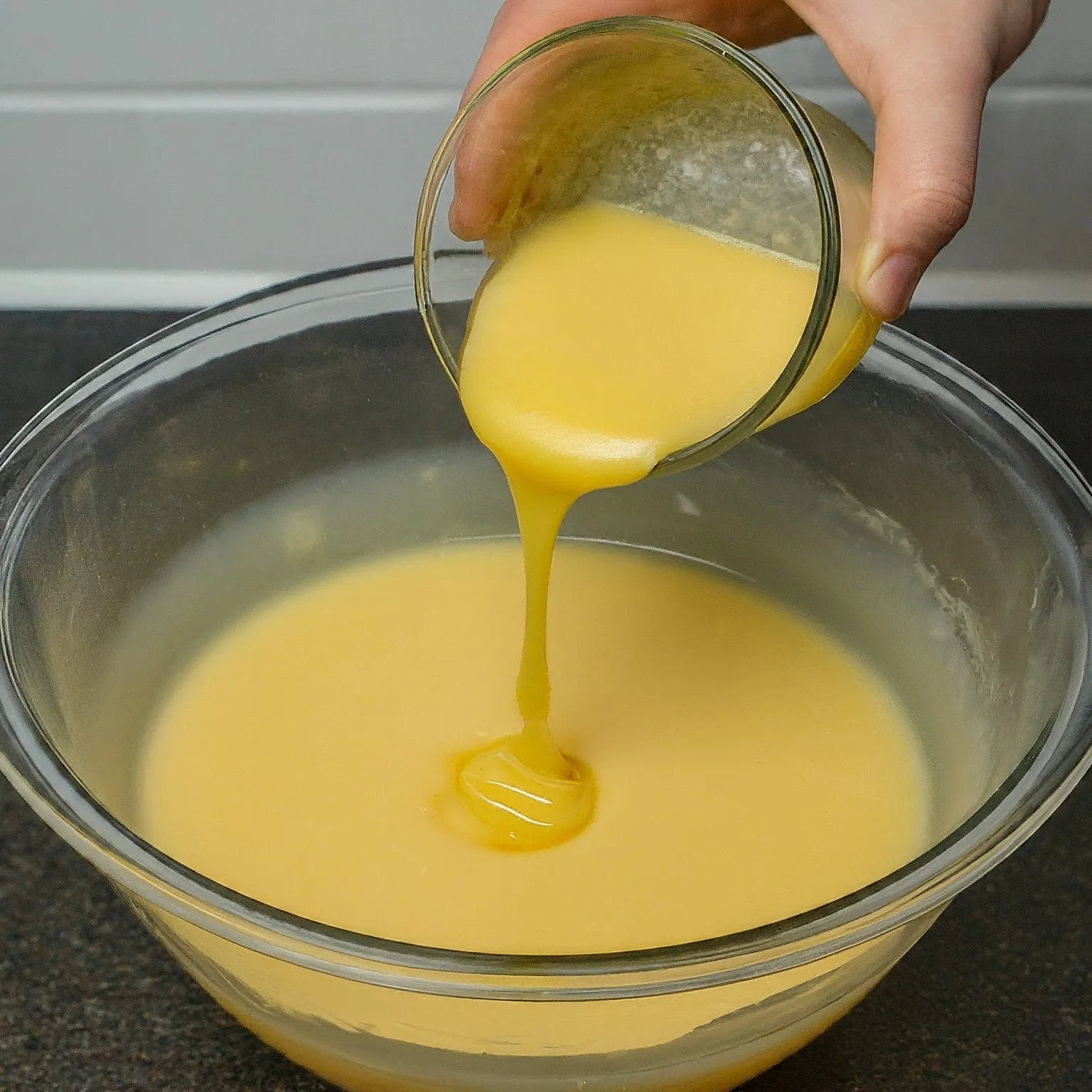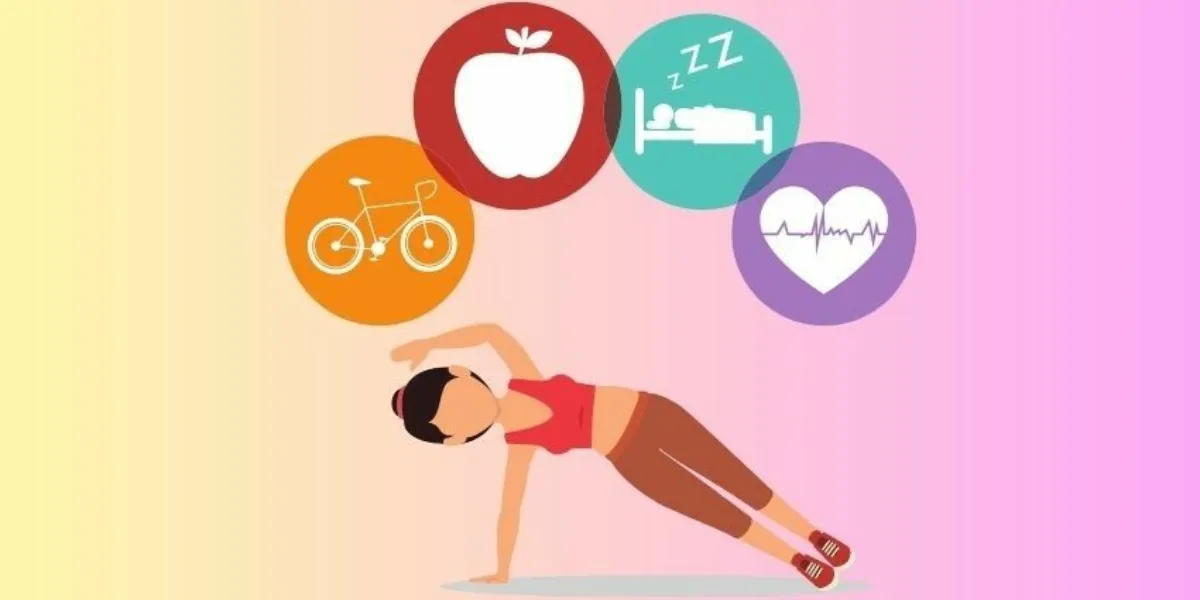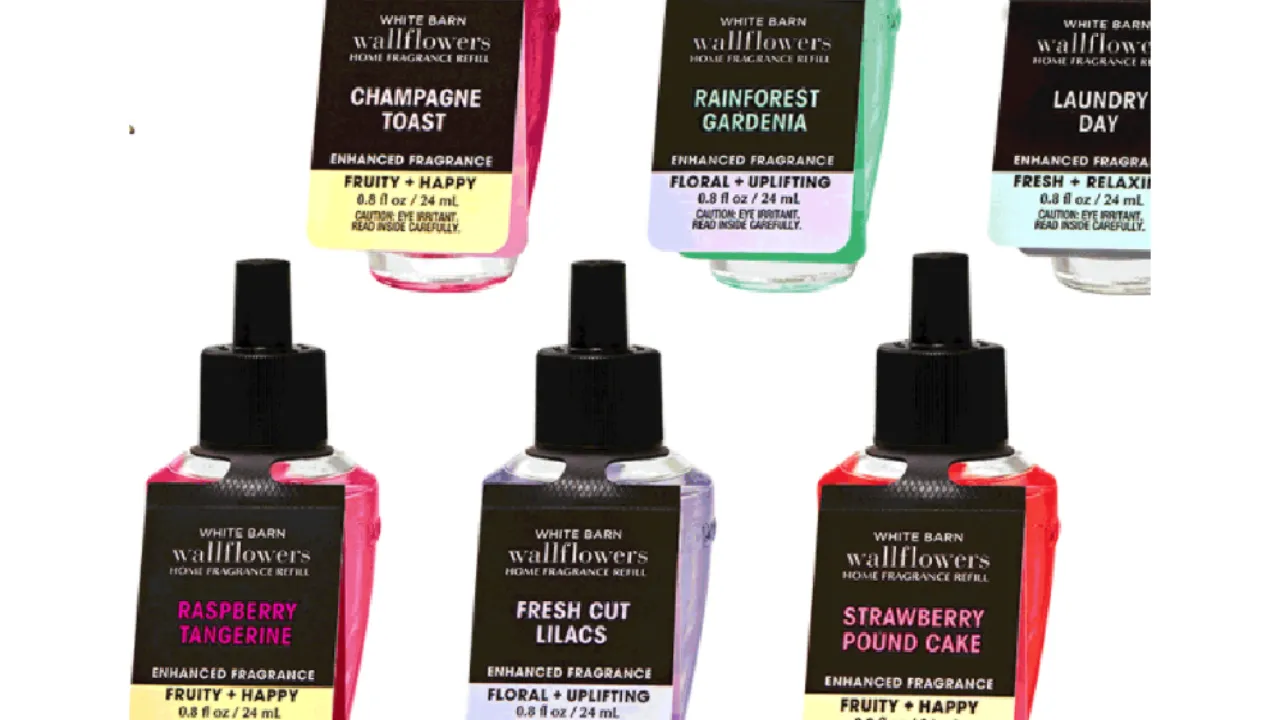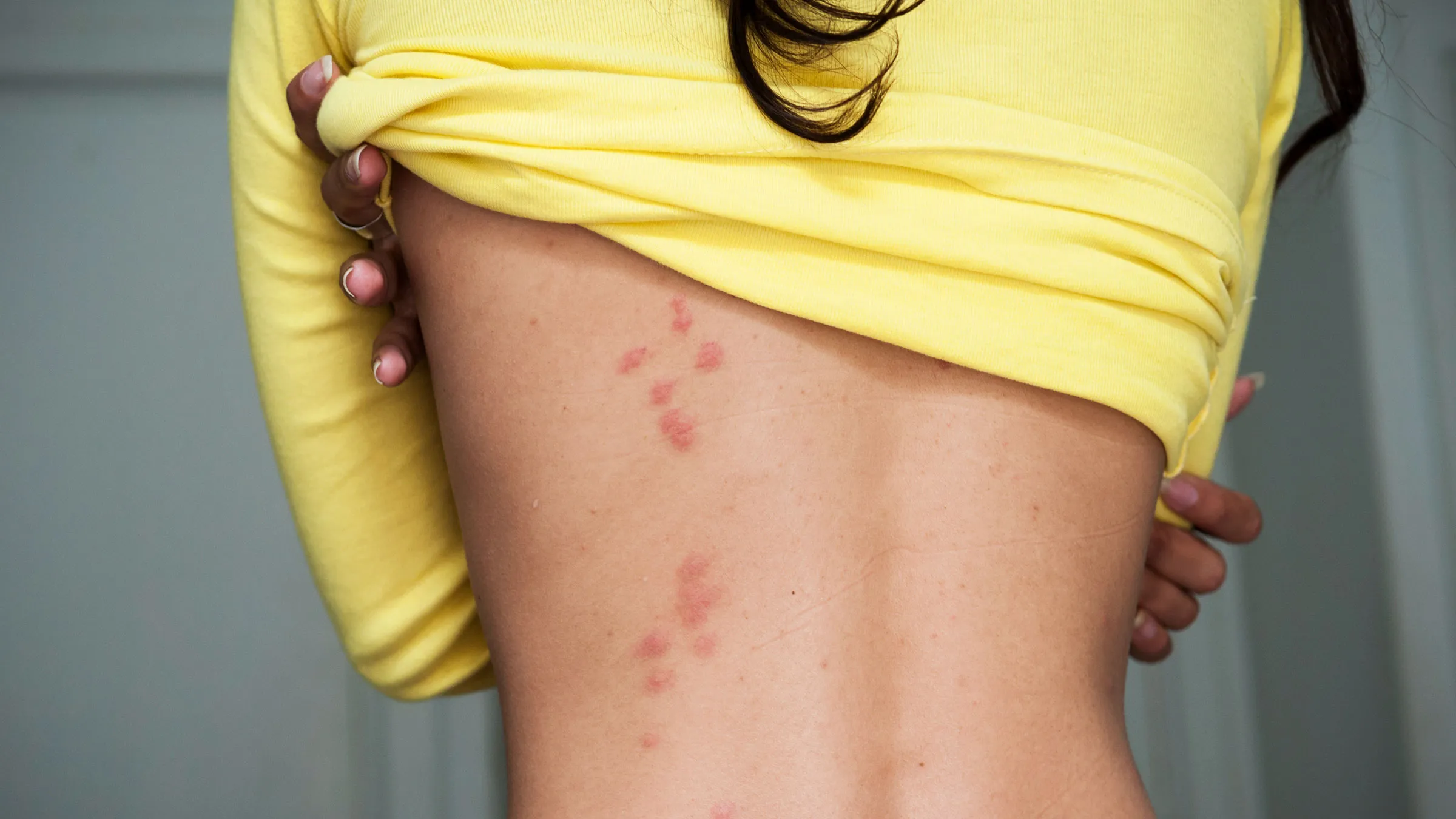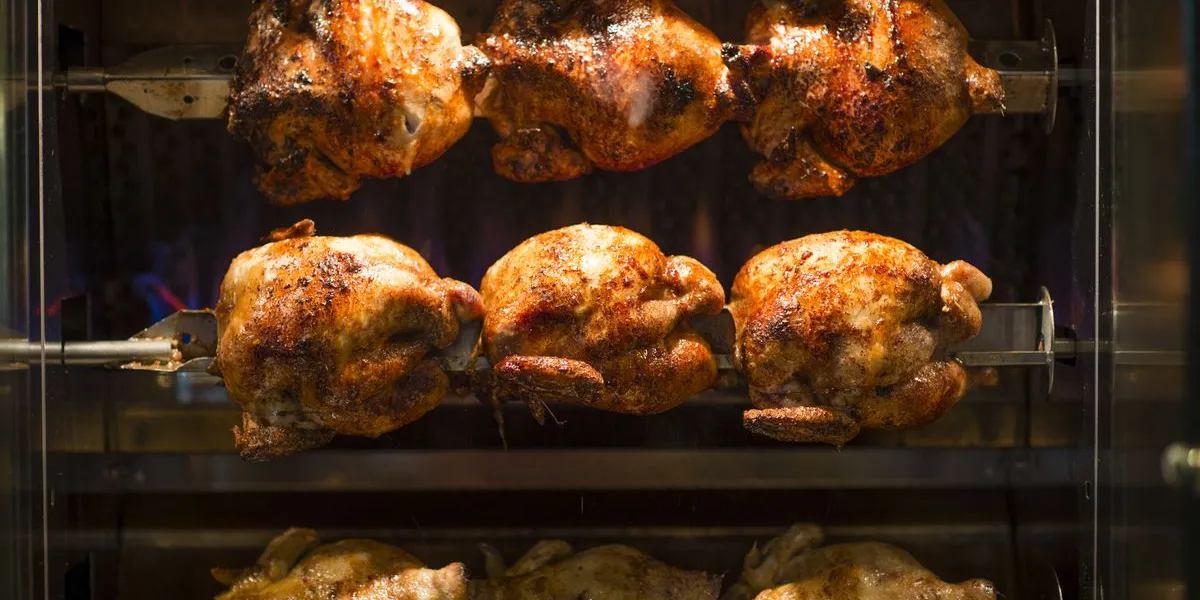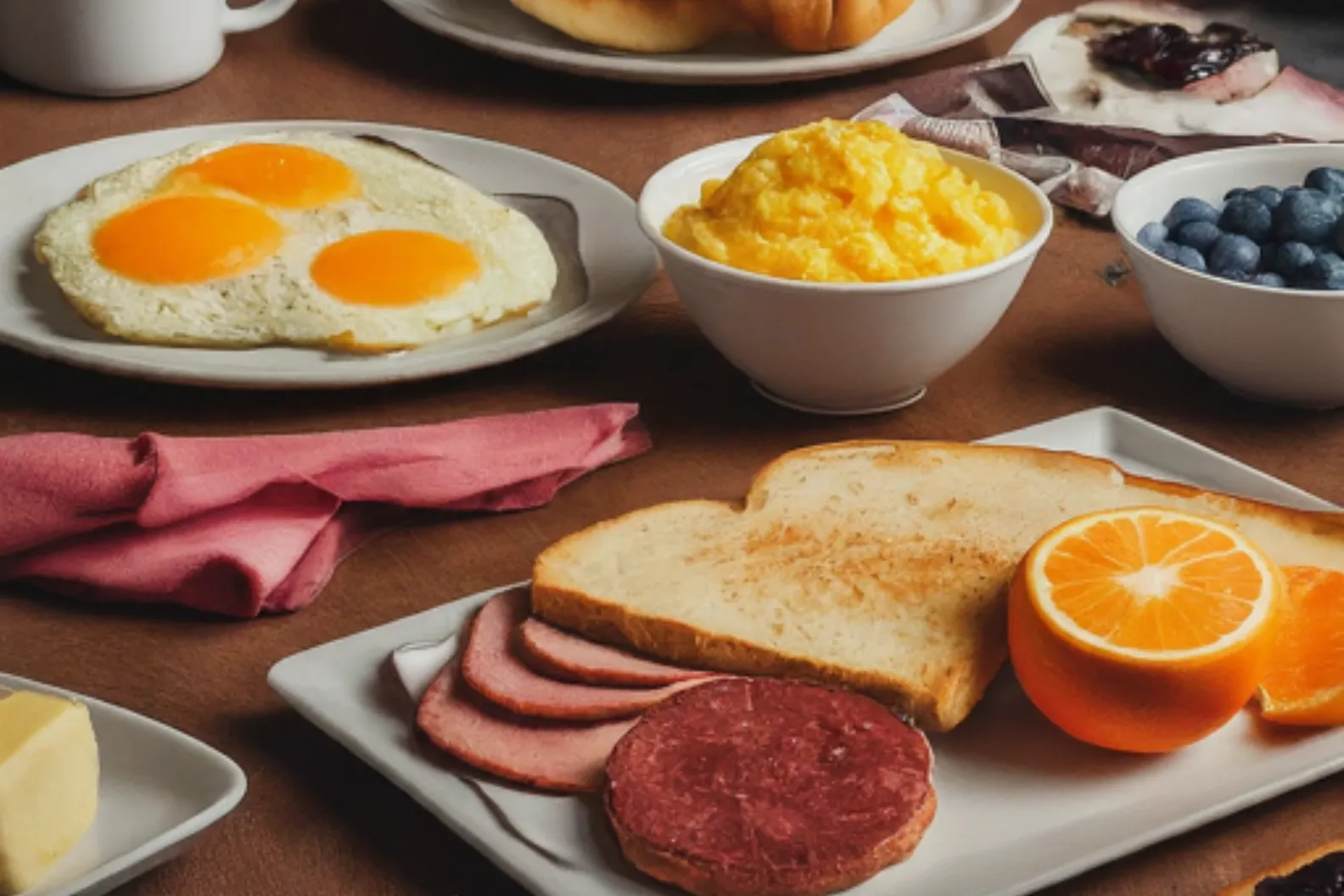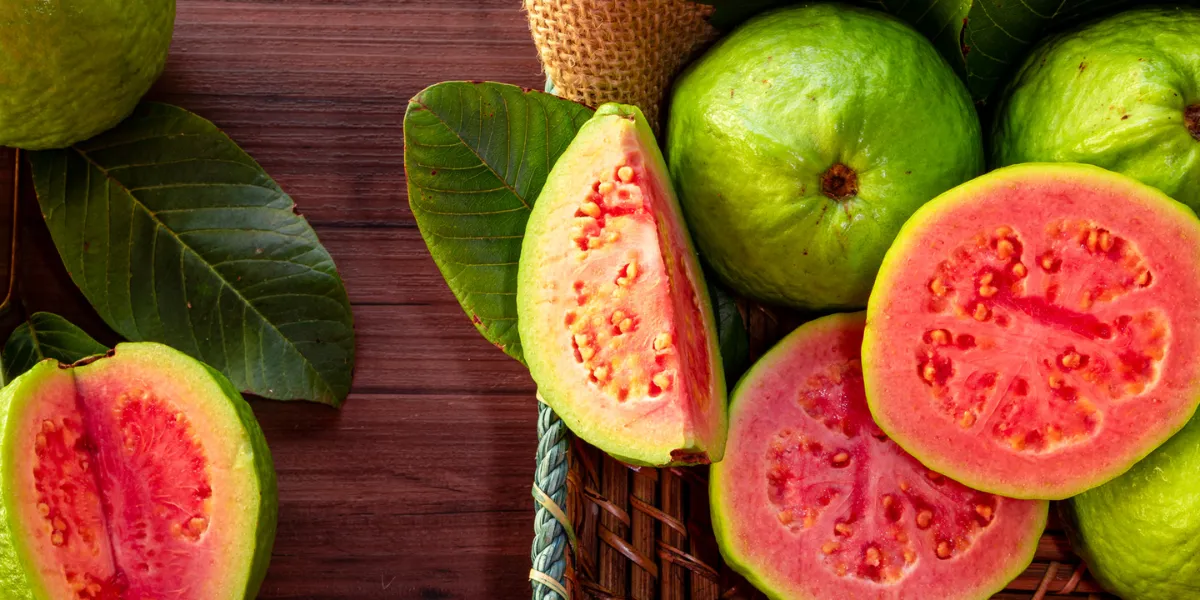Table of Contents
ToggleIntroduction: Goldfish Nutrition
Goldfish are a type of freshwater fish that is native to East Asia. They are a popular pet due to their bright colors, hardiness, and ease of care. However, many people do not realize that goldfish have specific nutritional needs that must be met for them to thrive.
Goldfish, with their vibrant colors and graceful movements, are beloved pets in households around the world. Their popularity as aquatic companions comes with the responsibility of understanding their unique nutritional needs. In this article, we delve into the essential aspects of goldfish nutrition, shedding light on the keys to maintaining a healthy and thriving aquatic friend.
Basic Nutritional Needs
Goldfish require a balanced diet that provides them with all of the necessary macronutrients and micronutrients. The three macronutrients that are essential for goldfish are proteins, carbohydrates, and fats.
Macronutrients
Goldfish, being omnivores, benefit from a well-rounded intake of macronutrients. Proteins, derived from both animal and plant sources, play a vital role in their growth, tissue repair, and overall vitality. High-quality fish pellets or flakes with a substantial protein content are excellent choices.
Importance of proteins
Proteins are essential for the growth and repair of tissues in goldfish. They are also important for maintaining a healthy immune system. Good sources of protein for Goldfish Nutrition include brine shrimp, bloodworms, and daphnia.
Proteins are the building blocks of life, and for goldfish, they are essential for muscle development and maintaining a strong immune system. Quality commercial fish food, supplemented with occasional treats like live or frozen brine shrimp, provides a diverse protein profile crucial for their health.
Sources of carbohydrates
Carbohydrates provide goldfish with energy. Good sources of carbohydrates for goldfish include peas, lettuce, and spinach. Carbohydrates are another key component of a goldfish’s diet. While goldfish don’t require as many carbohydrates as some other pets, a balance is still necessary. Carbohydrates are often present in commercial fish food and can be supplemented with vegetables like peas or lettuce.
Role of fats in the goldfish diet
Fats are important for maintaining healthy skin and scales in goldfish. They also provide a source of energy. Good sources of fat for goldfish include krill and shrimp. Fats are essential for energy storage and maintaining buoyancy. However, it’s important to offer them in moderation. Opt for fish foods with balanced fat content to support the goldfish’s energy needs without risking health issues.
Here are the nutrition facts for Goldfish crackers per serving of 30g:
Table
| Nutrient | Amount |
|---|---|
| Calories | 137 |
| Total Fat | 4.8g |
| Sodium | 262mg |
| Total Carbohydrates | 20g |
| Sugars | 0.2g |
| Protein | 3.5g |
| Calcium | 34mg |
| Iron | 1.3mg |
| Potassium | 59.7mg |
The % Daily Value (DV) tells you how much a nutrient in a serving of food contributes to a daily diet. 2000 calories a day is used for general nutrition advice.
Micronutrients
In addition to macronutrients, goldfish require micronutrients such as vitamins and minerals. Vitamins are essential for goldfish health and play a crucial role in maintaining a healthy immune system. Good sources of vitamins for goldfish include carrots, broccoli, and spinach. Minerals are also important for Goldfish Nutrition health.
They help to maintain healthy bones and teeth and are essential for many metabolic processes. Good sources of minerals for goldfish include calcium-rich foods such as kale and broccoli.
Vitamins Essential for Goldfish Health
Vitamins are crucial for the overall well-being of goldfish. Vitamin C, for example, enhances the immune system, while vitamin A promotes healthy vision.
Quality commercial Goldfish Nutrition food is often fortified with a spectrum of vitamins, ensuring your finned friend receives a well-rounded diet. Alternatively, supplementing their diet with fresh vegetables like spinach or carrots can provide natural sources of essential vitamins.
Importance of Minerals in the Diet
Minerals are vital for maintaining the balance of bodily fluids, bone development, and nerve function in goldfish. Calcium, for instance, is essential for bone and scale formation. Ensuring that your Goldfish Nutrition receives a diet rich in minerals can be achieved through quality commercial fish food or by adding mineral-rich supplements to their tank.
Commercial Goldfish Food
There are many different types of commercial goldfish food available on the market. These foods come in a variety of forms, including pellets, flakes, and freeze-dried foods. When choosing a commercial goldfish food, it is important to read and understand the labels.
Look for foods that are high in protein and low in fillers such as wheat and corn. Pellets are a good choice for Goldfish Nutrition as they sink to the bottom of the tank, which is where goldfish prefer to feed. Flakes are also a popular choice but can be messy and may not provide as much nutrition as pellets.
Overview of Available Commercial Goldfish Food
Commercial goldfish food comes in various forms, including pellets and flakes. These are formulated to provide a balanced diet, often containing a mix of proteins, carbohydrates, and essential vitamins and minerals. Brands like Tetra, Hikari, and Omega One offer reliable options catering to different Goldfish Nutrition species.
Reading and Understanding Labels
To make informed choices, it’s crucial to read and understand the labels on commercial goldfish food. Look for high-quality protein sources like fish meal or shrimp meal, and ensure the inclusion of vitamins and minerals. Avoid artificial additives or excessive fillers that may compromise the nutritional value.
Pros and Cons of Pellet vs. Flake Food
Choosing between pellets and flakes depends on various factors, including the size and eating habits of your goldfish. Pellets sink, making them suitable for bottom-feeders, while flakes float, catering to surface-feeding varieties. Experimenting with both and observing your goldfish’s preference can help strike the right balance in their diet.
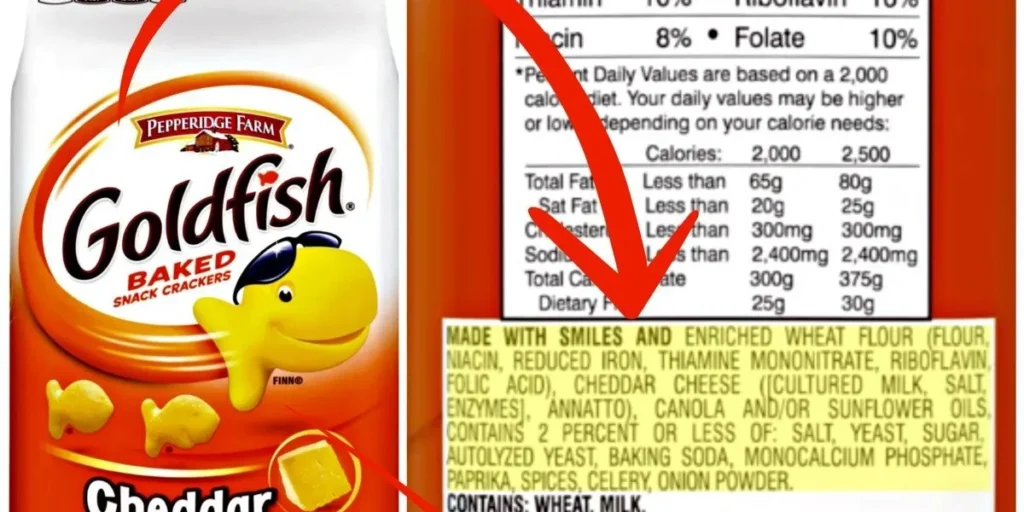
Homemade Goldfish Diets
Preparing homemade goldfish food is an option for those who want to ensure that their goldfish are getting the best possible nutrition. There are many balanced recipes available that provide goldfish with all of the necessary macronutrients and micronutrients. When preparing homemade goldfish food, it is important to consider freshness and variety.
Goldfish Nutrition requires a varied diet to ensure that they are getting all of the necessary nutrients. Good sources of protein for homemade goldfish food include shrimp, krill, and worms. Vegetables such as peas, spinach, and broccoli are good sources of carbohydrates and vitamins.
The Option of Preparing Homemade Goldfish Food
Creating homemade goldfish food provides a hands-on approach to their nutrition. Fishkeepers can control ingredients, ensuring a well-rounded diet free from artificial additives. Common ingredients include high-quality fish proteins, vegetables, and grains. This option allows for customization based on individual goldfish preferences and dietary requirements.
Balanced Recipes for a Nutritious Homemade Diet
A nutritious homemade diet should encompass the essential macronutrients and micronutrients vital for Goldfish Nutrition’s health. A simple recipe might include a base of fish protein, such as minced shrimp or fish fillets, mixed with finely chopped vegetables like peas and spinach. Grains like quinoa or oats can add necessary carbohydrates. Supplementing with a multivitamin ensures a complete nutritional profile.
Considerations for Freshness and Variety
Freshness is key when preparing homemade goldfish food. Use fresh, high-quality ingredients to maximize nutritional value. Rotate ingredients to provide variety and prevent nutritional imbalances. Consider the specific dietary needs of Goldfish Nutrition species – some may require more protein, while others thrive on a predominantly vegetarian diet.
Feeding Guidelines
Feeding goldfish involves more than just providing sustenance. Understanding feeding guidelines is crucial for maintaining their health and happiness.
Frequency and Quantity of Feeding
Goldfish should be fed small amounts of food several times a day. Overfeeding can lead to health problems such as swim bladder disease. A good rule of thumb is to feed goldfish an amount of food that they can consume in two minutes or less.
Adjusting Feeding Habits Based on Goldfish Age and Size
The feeding habits of goldfish should be adjusted based on their age and size. Young goldfish require more protein than adult goldfish, while adult goldfish require more fiber. It is also important to adjust feeding habits based on the size of the goldfish. Smaller goldfish require smaller pellets or flakes, while larger Goldfish Nutrition requires larger pellets.
Monitoring and Avoiding Overfeeding
Overfeeding is a common problem among goldfish owners. It can lead to health problems such as swim bladder disease and poor water quality. To avoid overfeeding, it is important to monitor the amount of food that is being fed to the goldfish. If there is uneaten food in the tank after two minutes, it is a sign that too much food is being fed. It is also important to avoid feeding Goldfish Nutrition human food, as it can be harmful to their health.
Special Considerations
Goldfish, with their diverse breeds and habitats, require special attention to address their unique nutritional needs. Let’s delve into considerations for specific Goldfish Nutrition breeds and the nuances of adjusting nutrition for those dwelling in outdoor ponds versus indoor tanks.
Addressing Dietary Needs for Specific Goldfish Breeds
Different goldfish breeds exhibit distinct dietary preferences and requirements. For example, fancy goldfish, with their elaborate fins and body shapes, may benefit from a diet that helps prevent buoyancy issues. The lionhead goldfish, known for its distinctive head growth, may need a diet rich in fiber to prevent digestive problems. Tailoring nutrition to match the breed’s characteristics ensures optimal health and vitality.
Adjusting Nutrition for Goldfish in Outdoor Ponds vs. Indoor Tanks
Goldfish kept in outdoor ponds experience environmental variations that can impact their nutritional needs. Outdoor fish may have access to natural foods like insects and algae, requiring adjustments in their commercial diet.
Indoor tank goldfish, on the other hand, may lack exposure to sunlight, impacting their vitamin D synthesis. Ensuring the right balance of nutrients for Goldfish Nutrition in diverse settings promotes their overall well-being.
Common Nutritional Issues
Understanding and addressing common nutritional issues is crucial for maintaining the health and longevity of goldfish. Let’s explore the symptoms of deficiencies, common feeding mistakes, and effective remedies for nutritional imbalances.
Symptoms of Nutritional Deficiencies
Nutritional deficiencies can manifest through various symptoms. For instance, a lack of essential vitamins may result in faded coloration or lethargy. Calcium deficiencies may lead to deformities in scales and fins. Observing changes in behavior, color, or physical appearance can serve as early indicators of potential nutritional issues.
Common Mistakes in Goldfish Feeding
Overfeeding, underfeeding, or relying solely on a single type of food are common mistakes in Goldfish Nutrition feeding. Overfeeding can lead to obesity and poor water quality, while underfeeding may result in malnutrition. Diversifying their diet, monitoring portion sizes, and adjusting feeding habits based on their needs can help avoid these pitfalls.
Remedies for Nutritional Imbalances
Addressing nutritional imbalances involves adjusting the diet and, in some cases, providing supplements. Offering a varied diet with high-quality commercial food, supplemented with fresh vegetables and occasional treats, can help rectify deficiencies. Consulting with a vet for professional advice is advisable for severe cases.
Hydration
Hydration is a fundamental aspect of goldfish nutrition, directly influencing their overall health and well-being. In this section, we explore the importance of maintaining proper hydration and the impact of water quality on the health of our aquatic friends.
Importance of Maintaining Proper Hydration
Just like any living being, goldfish require adequate hydration to support various physiological functions. Proper hydration is essential for maintaining healthy skin, scales, and internal organs. Dehydration in goldfish can lead to lethargy, loss of appetite, and even organ failure. Ensuring a consistently clean and fresh water supply is paramount in sustaining the hydration levels crucial for their vitality.
Monitoring Water Quality and its Impact on Goldfish Health
Water quality is intricately linked to goldfish nutrition. Poor water quality can negatively affect their health, even if they are provided with a nutritious diet.
Ammonia and nitrite buildup, for example, can harm their gills and compromise their ability to absorb nutrients. Regular water testing and maintenance of appropriate filtration systems are vital in creating a conducive environment for optimal Goldfish Nutrition health.
Conclusion
As we conclude our exploration into goldfish nutrition, it’s essential to recap the key points and underscore the pivotal role of proper nutrition in sustaining the vibrancy of our aquatic companions.
Summarizing Key Points on Goldfish Nutrition
Goldfish nutrition revolves around a balanced intake of macronutrients and micronutrients. Proteins, carbohydrates, fats, vitamins, and minerals are essential components of their diet. Whether opting for commercial food or preparing homemade meals, providing a diverse and balanced diet is crucial for their well-being.
Emphasizing the Role of Proper Nutrition in Maintaining a Healthy and Vibrant Goldfish
Proper nutrition is the cornerstone of a healthy and vibrant goldfish. From addressing breed-specific needs to navigating common nutritional pitfalls, a well-informed approach to their diet ensures longevity and happiness. By maintaining hydration through clean water and monitoring water quality, fishkeepers can further enhance the overall health of their goldfish.



